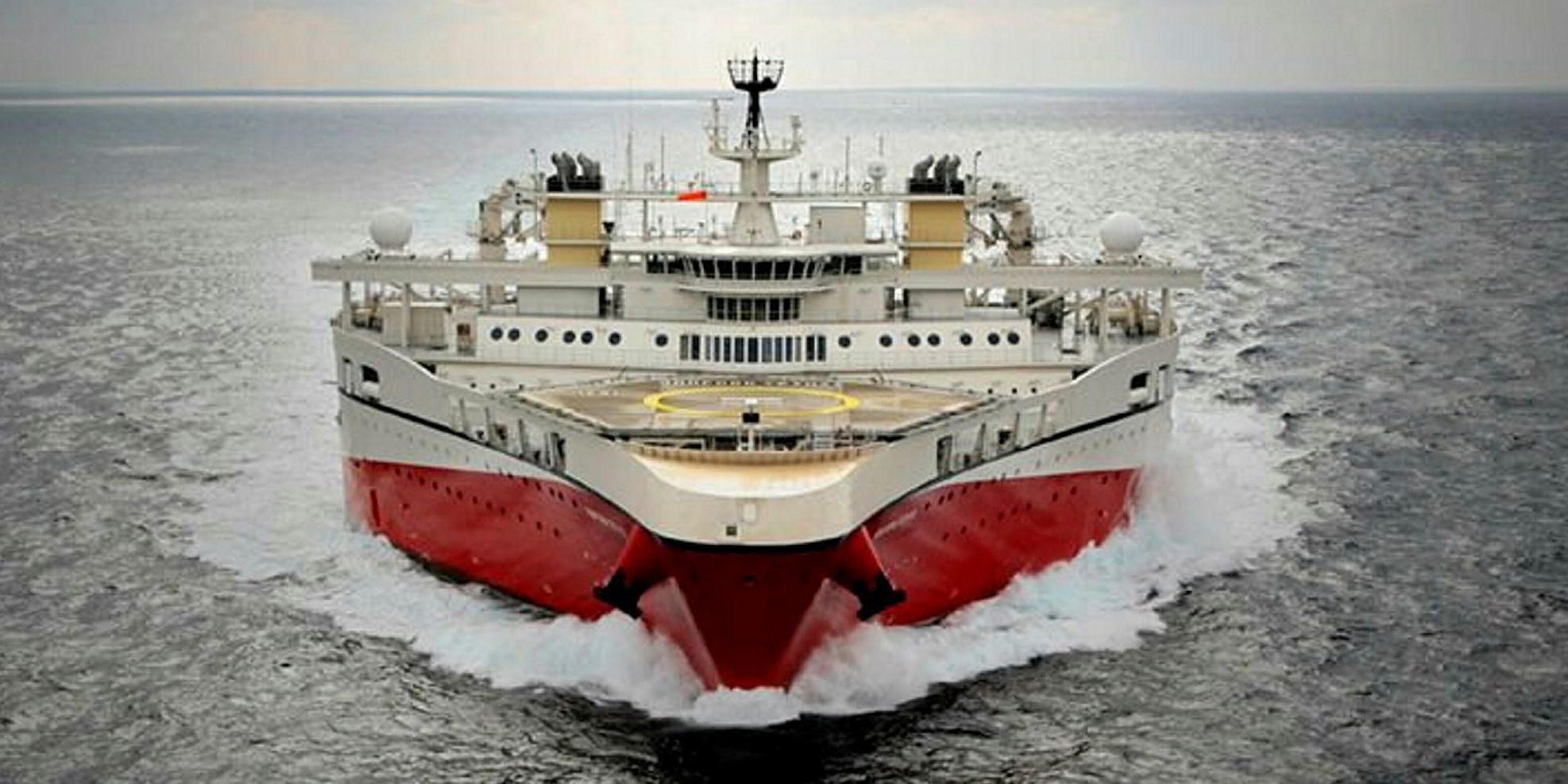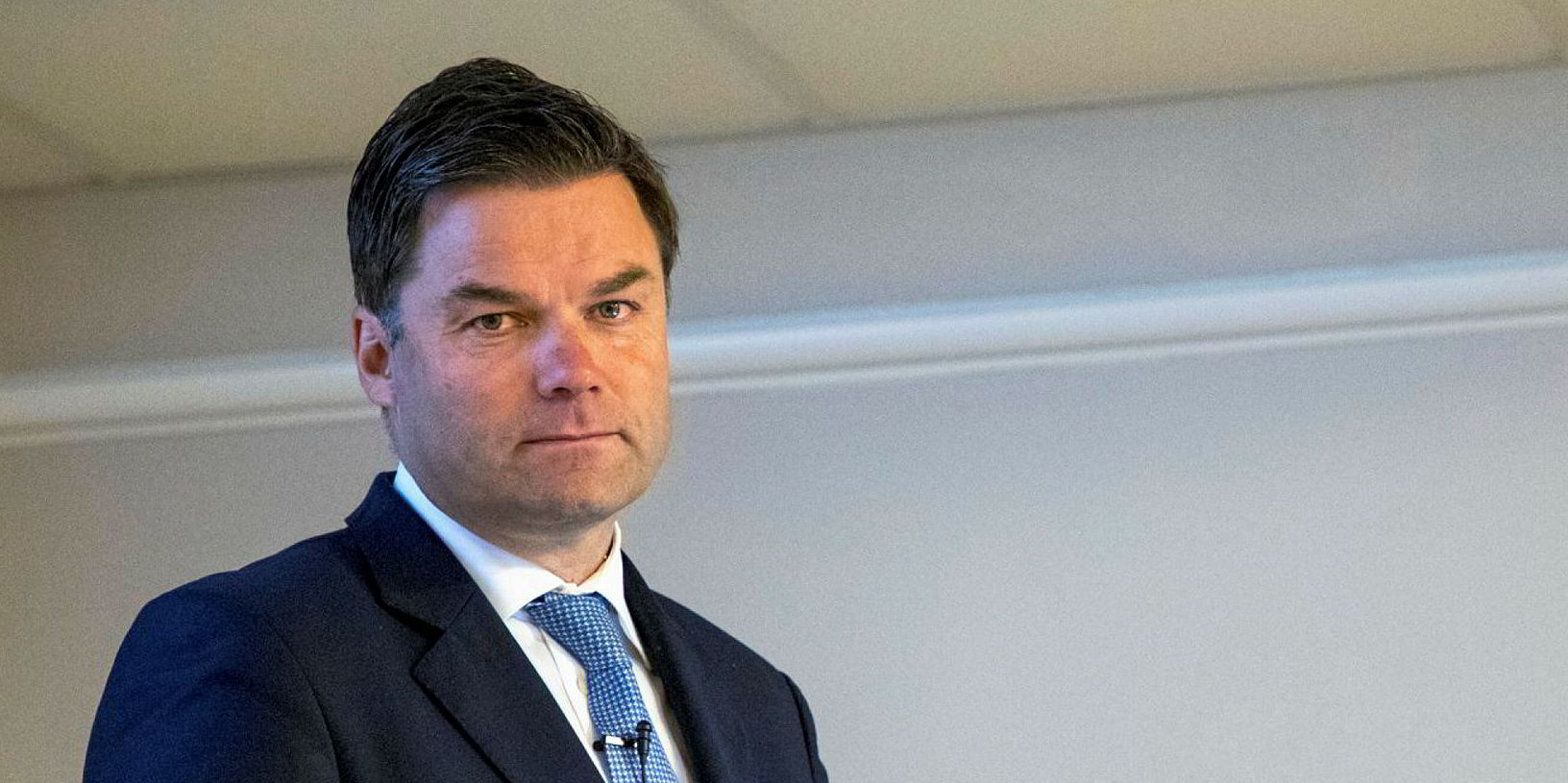Rates for seismic survey work are rising, but financing costs have caused PGS to record a loss for the second quarter 2019.
The Oslo-listed company posted an overall net loss to equity holders of $48.9m for the second quarter, compared to profit of $10.4m in the same period in 2018.
The loss was due in part to PGS's increased spending on its financing activities, which was $104.1m during the quarter, compared to $40.1m last year.
PGS said it expects its gross cash costs to be around $550m for the full year 2019.
Contract revenues have, however, more than trebled from $29.7m in the second quarter last year to $94.4m this year.
Rune Olav Pedersen, PGS's chief executive and president, attributed this rise to a "strong price increase and good vessel productivity".
PGS's pricing for recent contract awards is over 35% more than its 2018 average, he said.
"I am pleased that we are back to making a solid profit and generating significant cash flow from our contract activities," said Pedersen.
PGS's MultiClient late sales did not gain any specific license rounds or transfer fees during the quarter, and were "lower than normal", he said.
"We expect late sales to pick up again in the second half of the year," said Pedersen.
Seismic segment
For PGS's seismic segment alone, the picture was more positive: operating profit was $17.7m during the quarter, compared to $13.6m last year.
This was chiefly down to revenue of $215.6m for the segment, which is 8% more than during the same quarter last year.
These higher earnings were, however, offset by increased spending on sales, research and development and administrative costs for the segment, compared to last year.
Outlook
PGS's orderbook stands at $300m at the end of the second quarter, which is $62m more than last quarter and $113m more than in the same period last year.
The company's vessels are fully booked for the third quarter and seven vessels are also fully booked for the fourth quarter, PGS said.
Only six vessels were operated in the fourth quarter 2018.
"We expect to generate positive cash flow and reduce net debt in 2019," Pedersen said.
"Our existing capital markets debts still have 17 and 20 months to maturity and are at attractive terms. We expect to refinance these facilities in 2019."
In June, lack of investor interest forced PGS to axe a major refinancing plan, in which it had hoped to raise up to $675m.
PGS said in June that an upturn in revenue from the seismic survey market will help it to service its debt.
The company's net interest-bearing debt, excluding lease liabilities, stood at $1.3bn at the end of the second quarter, which is round $250m more than three months previously.
Its liquidity reserves totalled $208.2 million as of June 30, compared to $205.4m as of March 31 this year.






